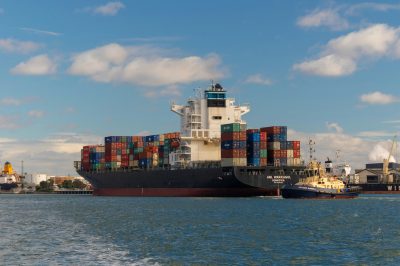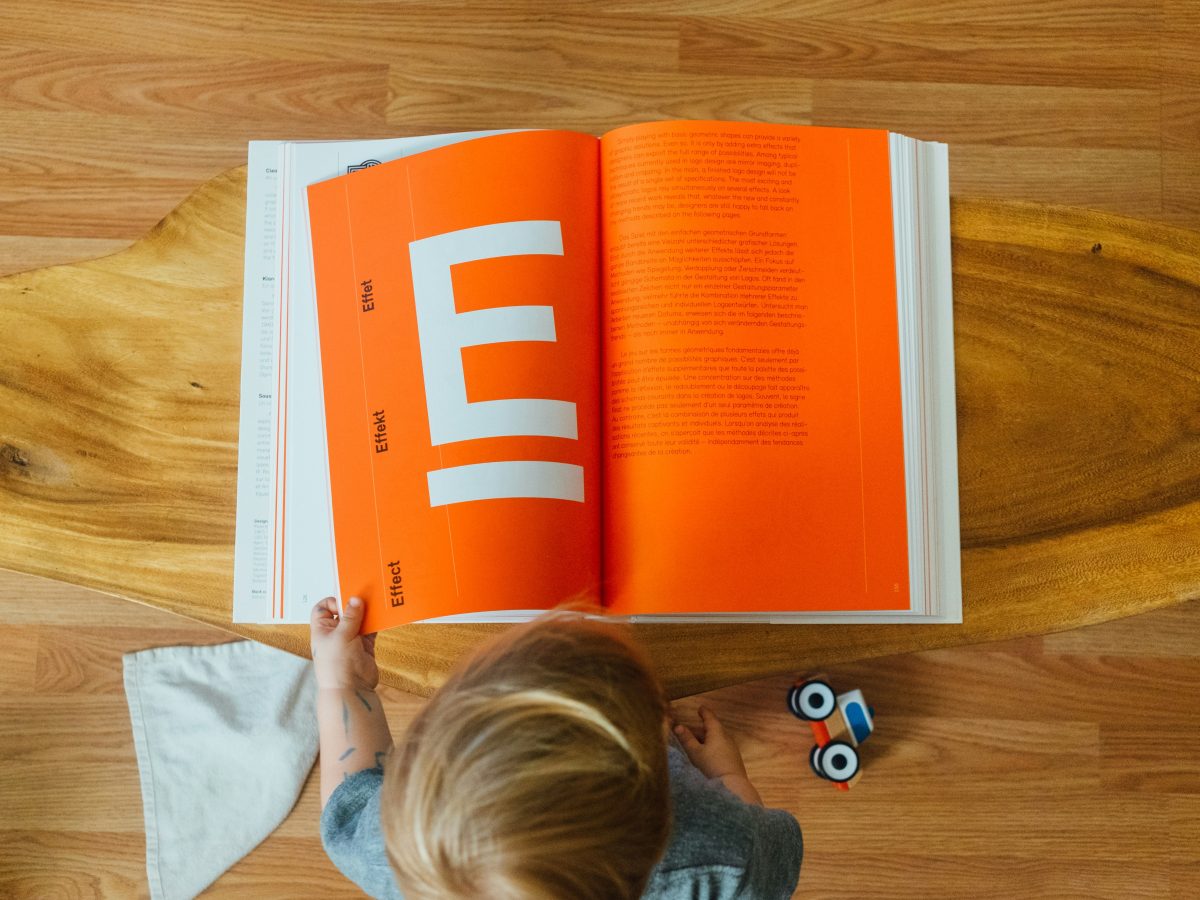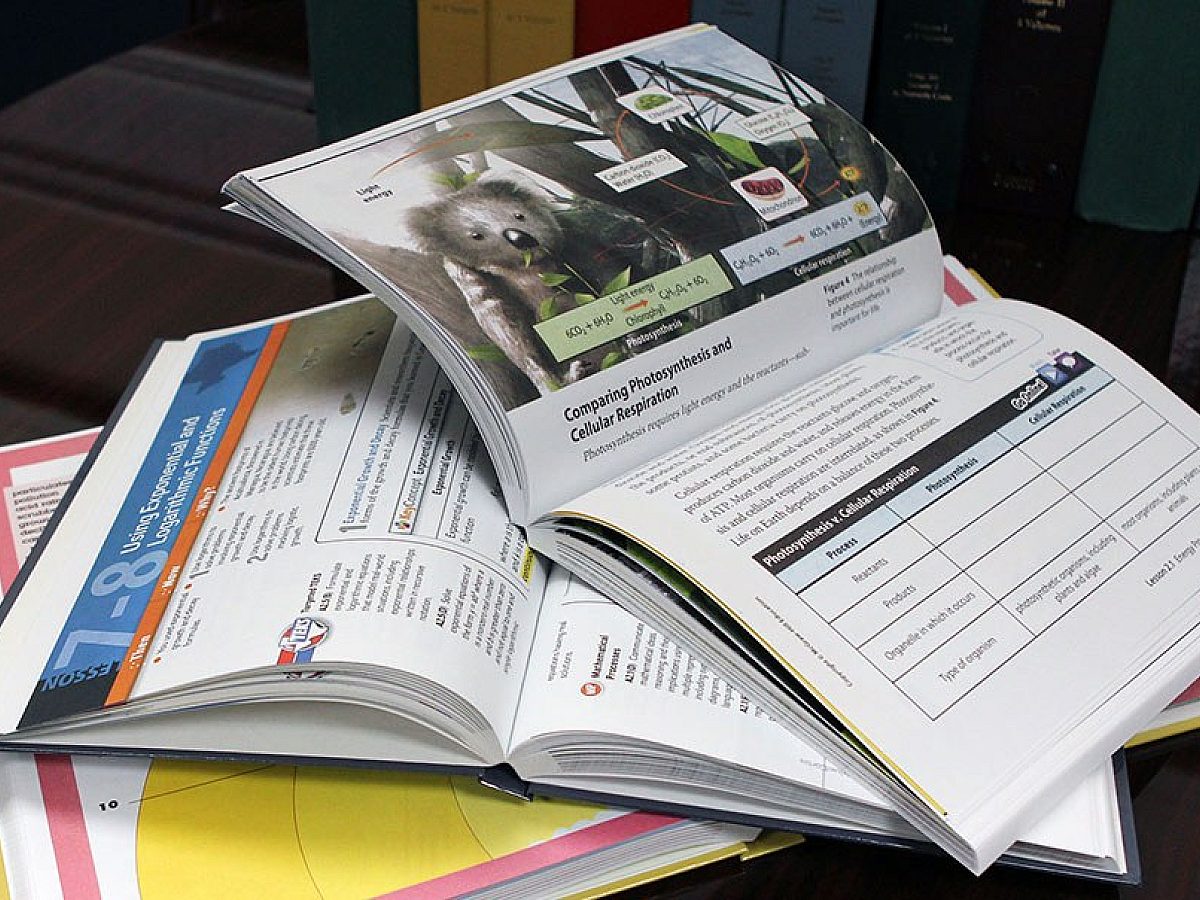𝘈𝘱𝘱𝘳𝘰𝘹 𝘳𝘦𝘢𝘥 𝘵𝘪𝘮𝘦: 4 𝘮𝘪𝘯𝘴🕒
There were nearly 280,000 UK exporters in 2023, according to the Office for National Statistics.
Many of these exporters will need to translate their materials, including documents, labels, marketing materials, websites and more.
When translating these materials, there are several mistakes that can be made (we have seen many since being founded in 2006).
Here are the top five mistakes made in translation by UK exporters:
- Forgetting transcreation
- Not considering multilingual desktop publishing (DTP)
- Overlooking market research
- Not being culturally sensitive
- Relying on bilingual staff to translate
In this blog, we will explore each point in more detail with examples, so you know how to avoid them.
Forgetting transcreation
If you’re taking your company’s product abroad, solely translated materials won’t allow for optimal market entry.
This is because not every translation makes sense as a direct, simple translation (trust us, we’ve seen this plenty of times over the last 19 years). A phrase or word in one language can mean another in another language when directly translated.
Some terms may not even have a direct translation in another language. In these cases, the closest equivalent is needed.
That’s where transcreation comes in.
Transcreation removes all that confusion as the translation is actioned creatively.
For example, the Spanish phrase ‘sobremesa’ involves the Spanish tradition of relaxing and enjoying time and conversation with one another following a meal.
Directly translated to English, ‘sobre’ means ‘on’, ‘above’, ‘about’ or ‘upon’ and ‘mesa’ is a table. But that doesn’t make literal sense.
The process of transcreation may use this phrase as ‘after-dinner conversation’ or ‘remaining at the table’. While this doesn’t encompass the whole cultural tradition, it gives a flavour of what is expected here.
If a phrase like this were to be used in marketing materials or product packaging, for example, you would need to transcreate it for it to be understood.
When launching products in a new market, always remember that marketing copy, taglines, perhaps even the product’s name, may need transcreation.
Not considering multilingual DTP
Multilingual DTP ensures your content (without translation or not) is formatted suitably for print or digital in any language.
DTP can be essential when exporting as not all languages are the same in length. As explained in our recent deep dive, ‘the rise of Japanese and Korean translated novels in the UK’.
“Translating Japanese into English can make the text 20% - 60% longer. Part of the reason Japanese is shorter can be attributed to the use of ‘kanji’, symbols used in Japanese writing. These characters can typically display a ‘thing’ or a concept. So, to transcreate that into English, it would take more words.”
On the other hand, Korean symbols make it a little shorter than English. That is because in Hangul (Korean alphabet), writing blocks are used to indicate syllables, whereas in English, every syllable is spelt out.
So, following translation, content such as labels, ingredients and more need to be formatted properly to ensure the text is communicated effectively and accurately in the target export market.
Language service providers can tailor the formatting towards the language, script and cultural expectations of your target export market.
In addition, correct formatting means that the product labelling can meet the regulations of the region where it is traded.
Overlooking market research
Entering a market when exporting without using market research is not the wisest move.
When exporting, market research is necessary to understand the market, its requirements (such as packaging compliance) and whether this is doable for your organisation.
Then, you will also need to do understand the specific language requirements needed to export there, which is where translation services can come in handy.
Without market research, you could enter the wrong market for your product, offend, and fail to comply with local rules.
Top tip: Even free tools like Google Analytics can helps supply helpful data for businesses.
Not being culturally sensitive
When exporters translate and localise (the process of adapting content, a product or service to a different market), being culturally sensitive is so important.
What is fine or accepted in one culture isn’t in another. This is so important to remember for exporters taking their product to a new region for the first time.
This could relate to:
- Colours
- Symbols
- Imagery
- And more
For example, the thumbs-up symbol in Iran is considered offensive, especially with the older generations.
While it may be overlooked with younger Iranians if you didn’t mean it dependant on the context, it should definitely be avoided as a brand when localising your marketing materials during the export process.
Relying on bilingual staff to translate
We’ve seen this so many times over the last 19 years in translation when exporting. The thing is, we can actually understand it in some situations. If it’s simply to translate some non-important information, using an employee can do the job.
However, for important documents, webpages and packaging where accuracy is critical (especially in situations such as medical products or legal exporting documents), the professionals shine here every time.
Yes, it’s more kind to your budget to use a staff member. But this staff member may not fully understand all industry-specific terms or the legal complexities, they may not be able to transcreate and using them risks inaccuracies in style.
Just think about it, if you cut corners using a bilingual staff member only to realise there are errors and incorrect information that risks non-compliance and legal issues, you would only turn to a professional company anyway later down the line.
Not only that, but it can also cause issues with the timeline of when you can export which can complicate things even more.

Conclusion
Hopefully you can now see not just the mistakes that some UK exporters make, but how they make them and why, if you’re exporting, it is worth doing it properly.
Consider relying on a professional translation company to make life easier for you.
Contact us for a free quote, consultation or test piece today.
𝘑𝘢𝘤𝘬 𝘸𝘳𝘪𝘵𝘦𝘴 𝘢𝘣𝘰𝘶𝘵 𝘵𝘳𝘢𝘯𝘴𝘭𝘢𝘵𝘪𝘰𝘯, 𝘭𝘰𝘤𝘢𝘭𝘪𝘴𝘢𝘵𝘪𝘰𝘯 𝘢𝘯𝘥 𝘮𝘰𝘳𝘦 𝘭𝘢𝘯𝘨𝘶𝘢𝘨𝘦 𝘴𝘰𝘭𝘶𝘵𝘪𝘰𝘯𝘴 𝘧𝘰𝘳 𝘞𝘰𝘭𝘧𝘦𝘴𝘵𝘰𝘯𝘦. 𝘏𝘦 𝘭𝘰𝘷𝘦𝘴 𝘵𝘰 𝘧𝘪𝘯𝘥 𝘳𝘦𝘢𝘭-𝘭𝘪𝘧𝘦 𝘦𝘹𝘢𝘮𝘱𝘭𝘦𝘴 𝘰𝘧 𝘸𝘩𝘦𝘯 𝘴𝘰𝘭𝘶𝘵𝘪𝘰𝘯𝘴 𝘩𝘢𝘷𝘦 𝘢𝘯𝘥 𝘩𝘢𝘷𝘦𝘯'𝘵 𝘸𝘰𝘳𝘬𝘦𝘥 𝘵𝘰 𝘱𝘳𝘰𝘷𝘪𝘥𝘦 𝘢𝘴 𝘮𝘶𝘤𝘩 𝘳𝘦𝘭𝘢𝘵𝘢𝘣𝘭𝘦, 𝘰𝘳𝘪𝘨𝘪𝘯𝘢𝘭 𝘤𝘰𝘯𝘵𝘦𝘯𝘵 𝘵𝘰 𝘵𝘩𝘦 𝘢𝘶𝘥𝘪𝘦𝘯𝘤𝘦 𝘢𝘴 𝘱𝘰𝘴𝘴𝘪𝘣𝘭𝘦.







